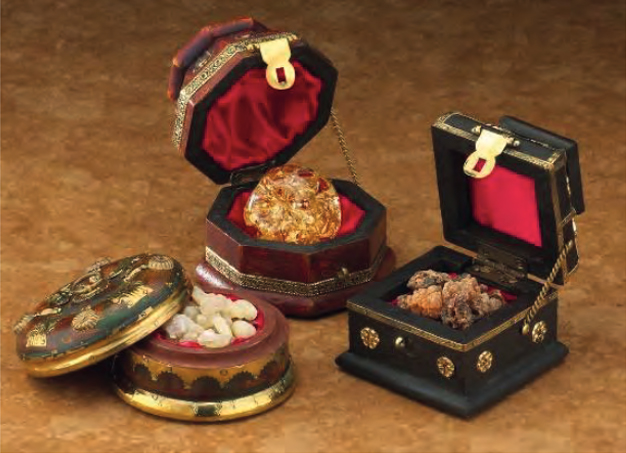THE EPIPHANY OF THE LORD
FROM THE PASTOR’S DESK
My Dear Parishioners:
The most foundational truth of the Christian life can be found in today’s gospel of the Epiphany. But it is a lesson that we often miss. We miss it because we are not looking in the right place. In today’s gospel, it is difficult to keep your eyes off the wise men. They are foreign and mysterious. They come from the East in their exotic robes, riding their peculiar camels, following the star. But when we focus on the wise men, the theme of the gospel is about searching, finding, and the giving of gifts. These themes, however, are not the deepest truth of today’s feast. To find that truth we must not look at what the wise men do, but at what Jesus does. And what does Jesus do? He receives the gifts that the wise men offer. This action is the first action of Jesus ever recorded in the gospels: to accept the gifts that are given. It is an action of profound significance because it is an illustration of what is most fundamental about the Christian life: that being a Christian is not about what we do, but what we accept; it is not about giving but about receiving.

Now this is a difficult lesson for us to learn because we persist in the misconception that our faith is primarily about us, about what we do or what we fail to do. But our faith is not primarily about what we do, but about what God does. God has made us and saved us. God’s actions are the actions that are at the heart of the gospel. Therefore, the stance of a Christian is primarily a stance of openness, a stance of receptivity. It is only when we can receive the gift that God offers that we know what salvation is truly about.
So, what is it that we are called to receive? The three gifts help here—gold, frankincense, myrrh—value, mystery, pain. The first gift is the gift of gold, a gift of immense value and worth. It points to the value and worth of our own lives. We are persons of great worth. God has made us so. God has instilled in us a dignity that is a part of who we are. That dignity is nothing we can earn and nothing that we can lose by failure or sin. We are called, then, to believe in our worth and dignity even when we doubt ourselves, even when we mess things up. The value and worth of our own being are the first gifts that God gives us. We must be willing to receive it if we are to be followers of Christ.
The gift of frankincense is a mysterious perfume, and it points to the mysterious action of God in our lives. God has a plan. God has a plan for us and for the world. God is always working to unfold that plan through all the relationships and opportunities of our lives. Our life is much more than the decisions we make, the plans that we form. Beneath our actions and our decisions is the mysterious impulse of God, blessing us, changing us, leading us forward. It is a mystery we cannot control. We can only accept it and cooperate with it. That mysterious presence of God’s loving action in our life is the second gift which God offers us. We must receive it if we are to understand the gospel.
Myrrh is the ointment of death, and it points to the unavoidable pain which is a part of all our lives. None of us can avoid evil or pain, whether that comes from hurt, rejection, failure, sickness, or grief. But in faith we believe that such pain, as real and as deep as it is, cannot negate our worth and dignity as people. Nor can it frustrate or derail the mysterious plan of God that somehow moves forward despite all that opposes it. Pain in our life is unavoidable, but the reality of that pain need not destroy us. Believing that God’s plan will succeed even in the presence of pain is the third gift that God offers us. We must be willing to receive it if we are to understand the gospel.

Being a faithful Christian is not about doing. It is about receiving. Therefore, the first action of Jesus in the gospels is to receive the gifts of the wise men. Jesus receives gold, frankincense, and myrrh to remind us that we need to receive the value of our own person, the mystery of God’s action in our life, and the reality that pain and evil cannot stop the plan of God. Those are three gifts we need to receive, for it is only by accepting them that we can follow Christ and fulfill the promise of Christmas.
Peace,
Fr. Monteleone
To read complete bulletin click here



